
“Men are at war with each other because each man is at war with himself.”
–Francis Meehan
Sam ‘DaZeD“‘Marine is the most curious character in the North American Counter-Strike scene. When one conjures up the stereotypical image of the successful in-game leader a picture is painted of a calming figure, light with criticism and always looking to choose the right moment and place to gently prod during a match to bring the best out of his players. Often unable to play a primary killing role himself, the in-game leader focuses almost entirely on integrating himself into the tactic and filling in the gaps to make his team-mates better, as their skills and cohesion as a unit are the vehicle which can transport him to victory. DaZeD is none those things.
Fiercely competitive, prone to emotional outbursts during trying matches, intensely demanding of team-mates, blunt to a point, one of the more skilled players in his teams and driven to succeed beyond the expectations of others, DaZeD is both polarising and complicated.
Strength from within
Most in-game leaders take up the mantle due to being inferior players skill-wise and thus dedicating themselves to the strategical and tactical components of the game, both to allow themselves the ability to play a valuable role in a top team and also learn how to effectively use their more skilled team-mates to achieve success as a unit. DaZeD has been one of the better players in all of his CS:GO line-ups. In the early phase of the game, he delivered an MVP level individual performance at ESWC 2012, taking his side to a third place finish.
In early 2013, his Quantic team bounced back from a solid top six run at Copenhagen Games to beat VeryGames at the ESEA S13 LAN finals and finish runners-up to NiP. An element of that team’s impressive run to the finals which is often forgotten came before the lower bracket upset win over Ex6TenZ’s men. Facing ESC, three fifths of the current Virtus.pro line-up, Quantic were battling a team that had already knocked them out of the upper bracket earlier in the tournament.
After losing the first map of the series, Quantic were down at series point with the score at 9:15 on mill. DaZeD began pushing the catwalk over and over, racking up kills and leading his team to a map win in a series which, by all rights should have been over. Quantic would take the decider and progress to spark their memorable run.
More recently, DaZeD’s iBUYPOWER reached a semi-final date with LDLC at the FACEIT Season 2 LAN finals. Playing the French side on inferno, a map they themselves consider their strongest, the American put up 50 frags in 58 rounds to edge his team through a multiple overtime thriller. iBP would go on to take the series 2:0, over a team who never again failed to reach a final offline, and reach the final.

DaZeD’s skill level is necessary to highlight because it is a primary background factor to his personality and character as a team-mate and in-game leader. Just as he demands a high level performance from his team-mates, making the right plays and delivering on their skill level, so he places the same expectations upon his own play. DaZeD has a set notion of how he and his team should play and if either fail to perform as they can, he pulls no punches. One can look back at interviews and see him highlighting his own poor performance in some key matches his teams won.
A method to the madness
Just as his rivals in Cloud9 have been able to find their own unique form of success, typically making strong runs in the major events but falling in close series to the elite teams, so DaZeD’s approach to his career has yielded its own highlights. The spectre of never having made it out of the group stage of the three majors he attended with his iBUYPOWER team may loom large over his CS:GO career, but there are some key moments which stand in his favour from elsewhere on the tournament circuit.
His ESWC 2012 and ESEA S13 LAN success came with the Area51/Quantic line-up, an entirely different side from his later iBUYPOWER teams. With iBP, DaZeD made two more ESEA finals, winning the 15th and 16th seasons. At the S15 finals, iBP returned from the lower bracket to beat Titan, the best team in the world and the new name for VeryGames, in two Bo3 series. At the S16 finals, iBP bested Virtus.pro, reigning World Champions from the EMS One Katowice major, and went 4:0 against rivals compLexity (now Cloud9).

With the most recent iBUYPOWER line-up under his leadership, DaZeD again fell in the group stage of the major, but the rest of the team’s ventures into Europe delivered a solid run and some impressive moments. At Gfinity G3, iBP defeated NiP and went even with the then new FNATIC line-up which has since gone on to dominate the scene. In the quarter-final, his team came close to beating Titan on dust2 before falling apart and giving up the map and the series.
At FACEIT Season 2, it was not merely the aforementioned victory over LDLC in the semi-final which bore noting. Facing FNATIC on a total of six maps, four in the final and two in the group stage, iBP were able to crush the soon-to-be dominant Swedish side on dust2, barely lose nuke by the smallest margin possible and get within three and four rounds of victory on another two. When one considers the frightening level of dominance FNATIC have shown since winning that event, it is no small feat to have come close to beating them on four out of six maps at a single tournament.
Finally, at ESWC iBP reached the quarter-finals of their third European event and this time lost a close series to Na`Vi.
Driven to succeed
 DaZeD’s burning desire for victory can be seen throughout his career as a competitive player. As a Source player, he was limited to competing domestically and only attended one international event, leaving him unfulfilled with his time in the previous iteration of Counter-Strike. His infamous divide with Semphis, kicking from Quantic and thus leading to the fracturing of what was one of the best teams in the world, came due to feeling that the Canadian’s nonchalent attitude in practice games meant he would hold the team back from truly being capable of breaking through and becoming an elite side internationally.
DaZeD’s burning desire for victory can be seen throughout his career as a competitive player. As a Source player, he was limited to competing domestically and only attended one international event, leaving him unfulfilled with his time in the previous iteration of Counter-Strike. His infamous divide with Semphis, kicking from Quantic and thus leading to the fracturing of what was one of the best teams in the world, came due to feeling that the Canadian’s nonchalent attitude in practice games meant he would hold the team back from truly being capable of breaking through and becoming an elite side internationally.
When Quantic split apart and DaZeD was left with no ready-made option to find a similar level of success, he initially departed from CS:GO entirely, going over to play CoD Black Ops. After a soft return to CS, he found himself presented with the opportunity to lead the Denial team which would become iBUYPOWER. With a line-up loaded with talent, but no experience of any real success in CS:GO, he had a vehicle to potentially get back up in the world rankings and rededicated his efforts to becoming the best CS player he could be.
That drive to be a top player and part of one of the world’s best teams cannot be understated or taken for granted as a quality which must be possessed by all of the good North Americans players. In fact, the North American scene has repeatedly shown a tendency to rest on its laurels and accept less-than-world-class results as acceptable.
Cloud9 repeatedly chose a better social environment and thus placed a skill ceiling on how far their teams could progress, while DaZeD’s iBP team-mates seemed content to shrug off their repeated major tournament failures as simply a bad day or cite problems with jet-lag, imagining that performing well at ESEA LANs on domestic soil was enough to show themselves still good players. DaZeD was party to those brutal losses at the majors, but he was never accepting of them.
iBUYPOWER’s first huge disappointment, bombing out of Dreamhack Winter 2013, came off the back of a bootcamp performance which is now infamous for the team’s boasting of a dominant scrim record against all comers. DaZeD even acknowledges an eerie feeling that their successful approach in practice could not hold up in official tournament matches, since so much of their game was based on individual plays and steam-rolling opponents with picks and aggression, rather than a structured tactical plan and the ability to grind rounds out through execution.
As the newest member of that team, DaZeD had, to some degree, to let this misguided approach run its course, so the grounds would be there to rebuild the team into something more. A few months later they were able to repeatedly grind their way back into games against the best team in the world, who were famed for tactical execution and reading the opponents.
Pushing for more
 With a baseline of repeated success domestically and some under-par finishes abroad, DaZeD’s career has seen him constsntly pushing for more and expecting his iBUYPOWER line-ups to be able to break through internationally against the world’s top teams. Those ESEA victories alone were not enough for DaZeD and the run which saw his team reach the FACEIT S2 Final was the kind he had envisioned for them all along. Even after that final, he was conflicted in the knowledge that while it was above others’ expectations for his side, his team had been right there with the eventual victors time and time again in the tournament, so victory had felt possible.
With a baseline of repeated success domestically and some under-par finishes abroad, DaZeD’s career has seen him constsntly pushing for more and expecting his iBUYPOWER line-ups to be able to break through internationally against the world’s top teams. Those ESEA victories alone were not enough for DaZeD and the run which saw his team reach the FACEIT S2 Final was the kind he had envisioned for them all along. Even after that final, he was conflicted in the knowledge that while it was above others’ expectations for his side, his team had been right there with the eventual victors time and time again in the tournament, so victory had felt possible.
DaZeD’s decision to have Semphis removed from Quantic did not merely come from his inability to reconcile the two’s distinctly different personalities, one too serious and the other too cavalier, it was also part of a plan to allow the team to bring in AZK or swag as the replacement. The political component of fellow members Hiko and tck refusing to go along with the move is what broke Quantic apart, not merely DaZeD’s decision. Had the team brought in one of those two, one could envision an even more successful line-up being a potential result.
Often characterised as stubborn, DaZeD does seem to have a potentially infuriating determination that his approach and decisions are the right ones. Yet there are some crucial cases of him compromising and seeking another path than the one he had initially set himself upon. During the Area51/Quantic days he decided to dedicate himself to becoming the full-time shot-caller. In the early iBUYPOWER times, he struggled to find a balance between playing an individually selfish and loose game and delivering detailed instructions to his team-mates.
In the latter days of iBUYPOWER, DaZeD had to create an environment in which his team could operate as more than merely high skilled bots, running around the map taking duels. With Skadoodle, swag and AZK in the team, DaZeD found himself with a line-up where 60% of the team barely spoke during games, yet needing the skill of those players to have a chance to win rounds, maps and series off the top European teams.
Working to get AZK to communicate more, putting Skadoodle in situations from which he could shine with the AWP and allowing swag to be the lurker and clutch player he is known to be, DaZeD’s iBUYPOWER line-up were able to achieve a level of consistent success they had never been able to show previously. Clearly it’s not as simple as writing him off as a man who refuses to compromise under any circumstances and will only win on his own terms.

Corrosive character
One of the most controversial and criticised components of DaZeD’s career has been the way his personality has manifest in his role as a team-mate. During crucial losses he has even admitted to shaking with frustration and railing with anger against his comrades. At ESEA LANs, where they used “listen-ins”, a gimmick which allowed fans to hear the communications of the teams playing the matches, DaZeD could even be seen criticising and chastising team-mates during games they would go on to win.
Former team-mate Hiko characterised this complaining in as extreme terms as suggesting that if a player was to kill four opponents, fail to kill the fifth and yet the team win nevertheless, that DaZeD would make a comment to that player about their mis-play on the final opponent and what he should have done. That kind of behaviour does draw a stark contrast against the typical image of an in-game leader, particularly those from the Scandinavian region.
Usually, the kind of team-mate who will engage in such corrosive interactions will be a star player level talent, as most famously evidenced by the career of MODDII, who is given the luxury of being high maintenance and difficult to deal with due to their immense skill and vital nature within the line-up. Such players lash out for similar reasons though, from being unable to communicate their frustrations with their team-mates’ play in a more productive fashion to even deflecting annoyance at their own underwhelming performance.
It’s difficult to deny that this side of DaZeD has caused him some of the problems which have plagued his career and harmed relationships with his team-mates, hence him indirectly breaking up the successful Quantic line-up and more recently being entirely removed from iBUYPOWER after their best ever run of form. Still, for all the negatives accompanying such behaviour, I can see its roots in a purer place of wanting to succeed and being weighed down by the frustrations of feeling others aren’t focused enough on the task or are wilting under pressure.
Focus and philosophy

The team of former Curse.NA and Dynamic players that DaZeD inherited upon joining iBUYPOWER was one which saw the game purely in terms of individual one-on-one aim-based battles. DaZeD’s philosophy ran more in-line with a team-wide effort to successful kill-trade. Where the others were initially content to be frontrunners and pile on in winning efforts, DaZeD began the push towards developing a set style and being able to grind back into games through execution.
DaZeD’s approach has been both to study European opponents, showing his focus upon leveling the competitive disadvantage, and to develop a unique style which fits line-ups which have frequently been packed with raw aiming skill. When iBUYPOWER has won games, it has been easy to point to impressive individual performances as the deciding factor, but developing a style which fits the individuals in question and requires adaption from the top European teams has also been crucial to such wins.
DaZeD has always seemed to place Skadoodle’s AWPing as a primary core component of his side’s approach. This has allowed Skadoodle have a tremendous impact on a number of big games during their time together, even out-classing some of the top European players at times. frozt’s success AWPing with Quantic back at the ESEA S13 finals, where his huge performance against VeryGames and kennyS was the force propelling the North American side through to the final, seems reminiscent of the impact DaZeD has expected from his young AWPer.
iBUYPOWER’s strength in skill and style made them a highly competitive team on inferno and dust2, the latter being a map they have at times been one of the best in the world on. Back in Quantic, his teams might only have three Terrorist side strategies per map and just relied on brute-force executing them, but as the game developed so has DaZeD’s philosophy on how it should be played.
The spark that lights the fire
DaZeD’s role within the North American scene has been an interesting one, leading North American line-ups to some of their most successful finishes in CS:GO and yet ending up with seemingly few friends amongst his former team-mates. What makes him unique is both his determination that NA can compete against even the best international sides, his drive to become a part of a team which can get there and his heart to be able to contribute big plays to gritty performances.
DaZeD can be a corrosive and negative element within his teams, but his one cannot deny the positives he has brought to the teams he has been a part of. If the North American CS:GO scene is ever to produce a line-up which wins a World Championship title, it will contain DaZeD.
In a scene filled with nice guys who settle for less and quiet individuals who just want to be good players, there’s room for someone driven enough to be the best that he might come off as the bad guy.

Photo credit: ESEA, fragbite


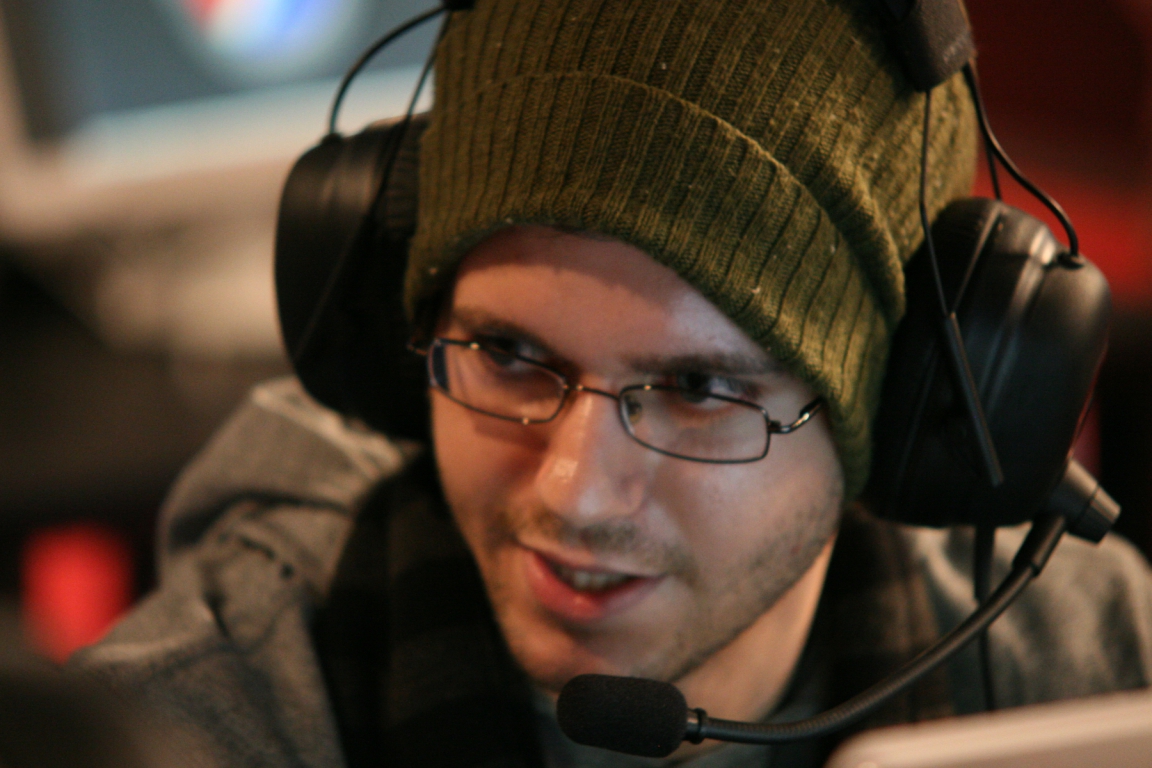
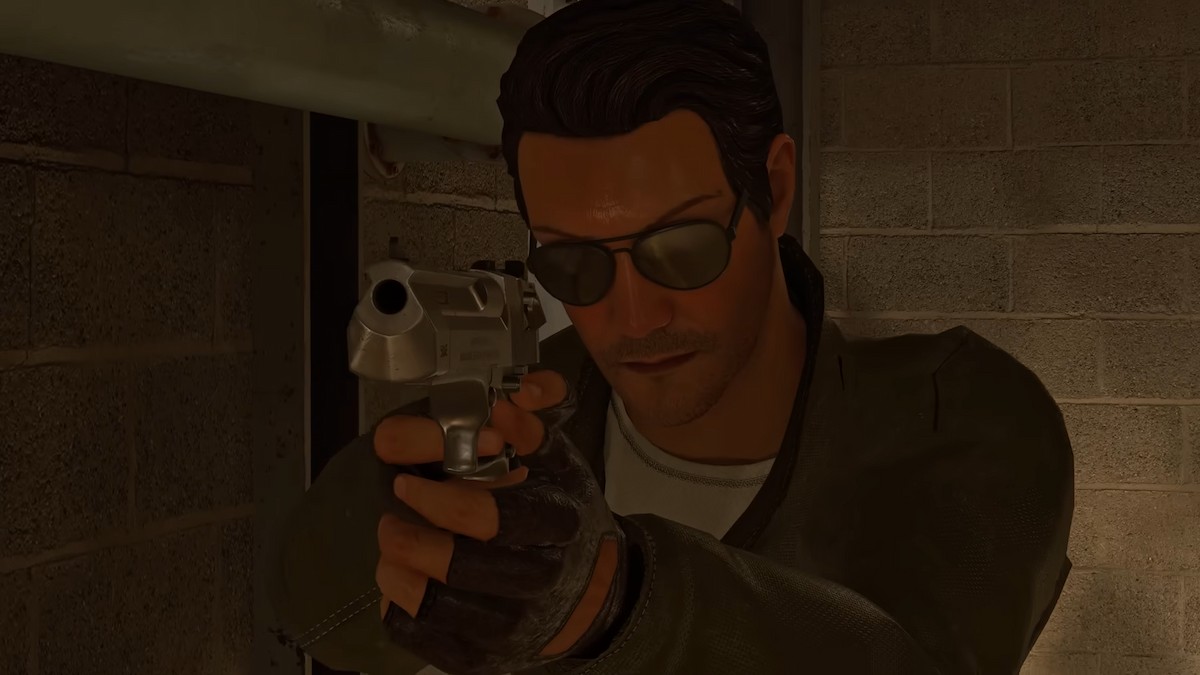
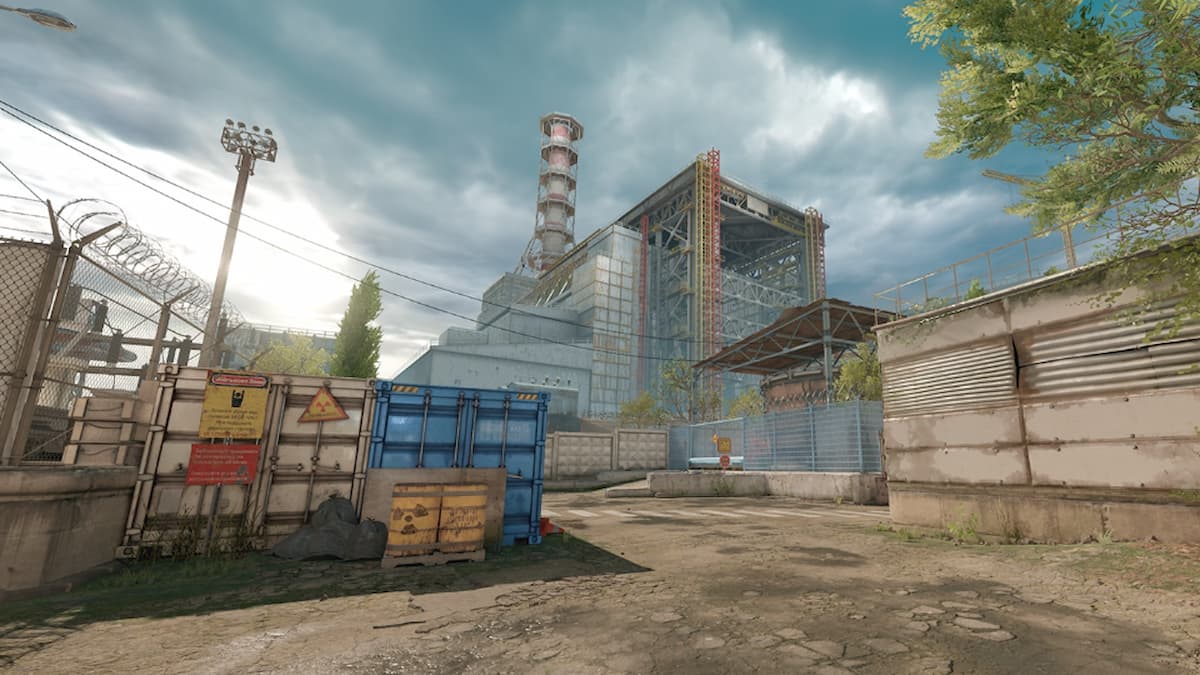
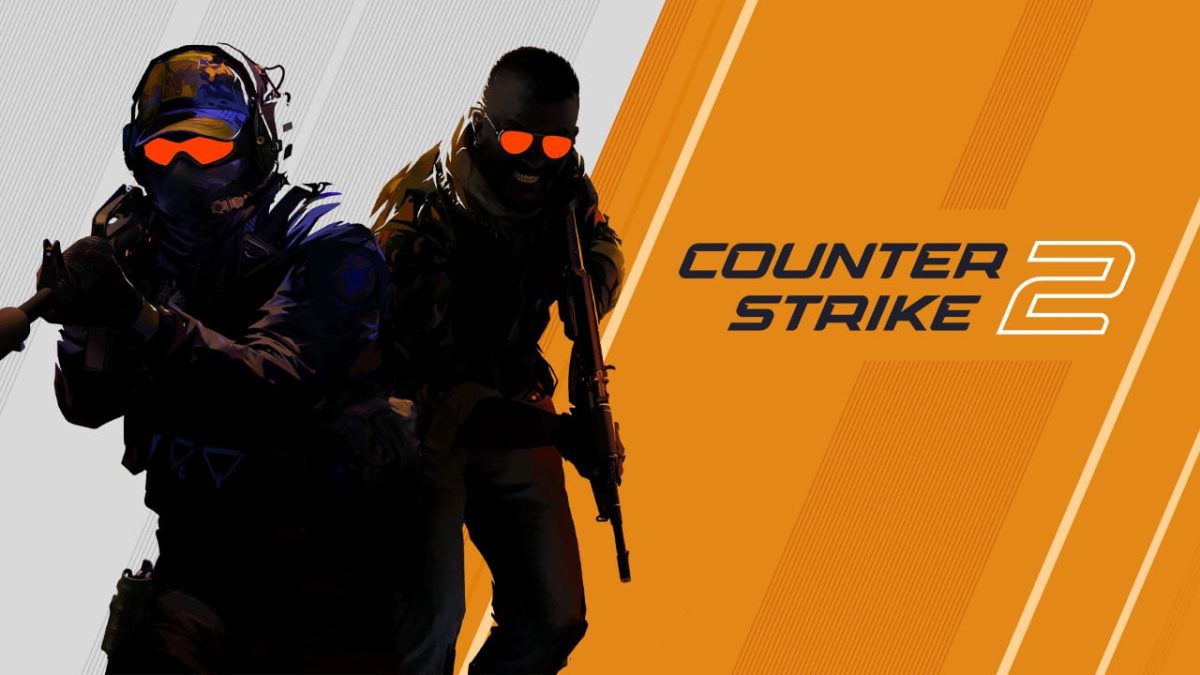
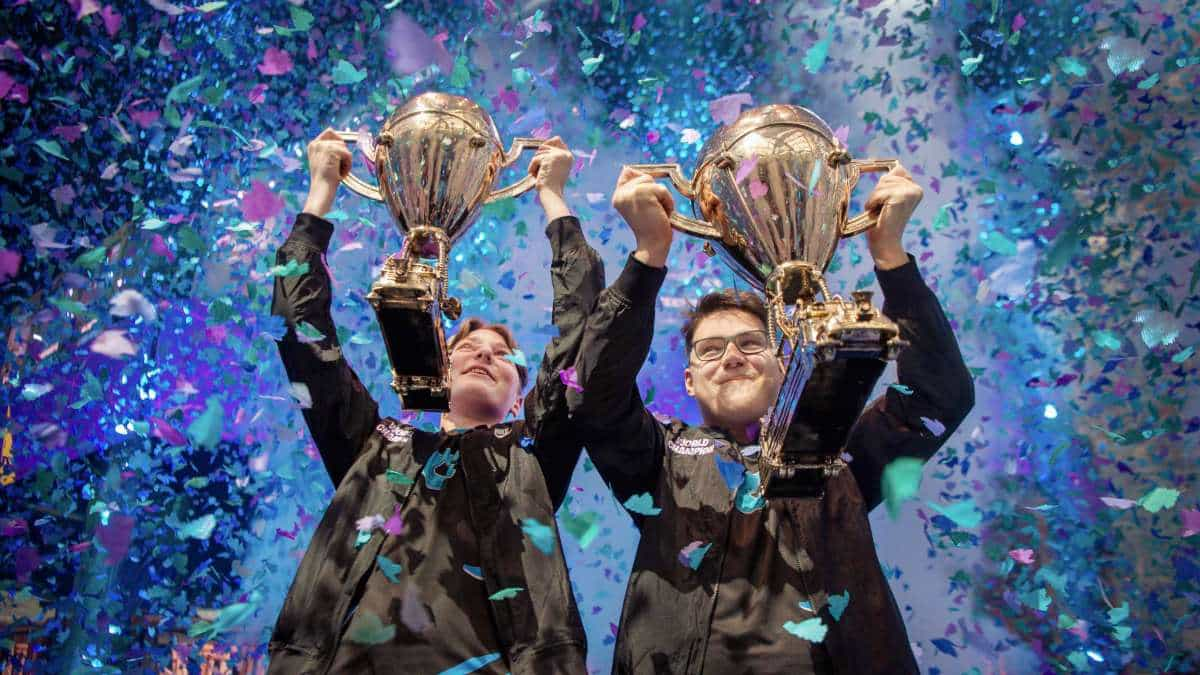

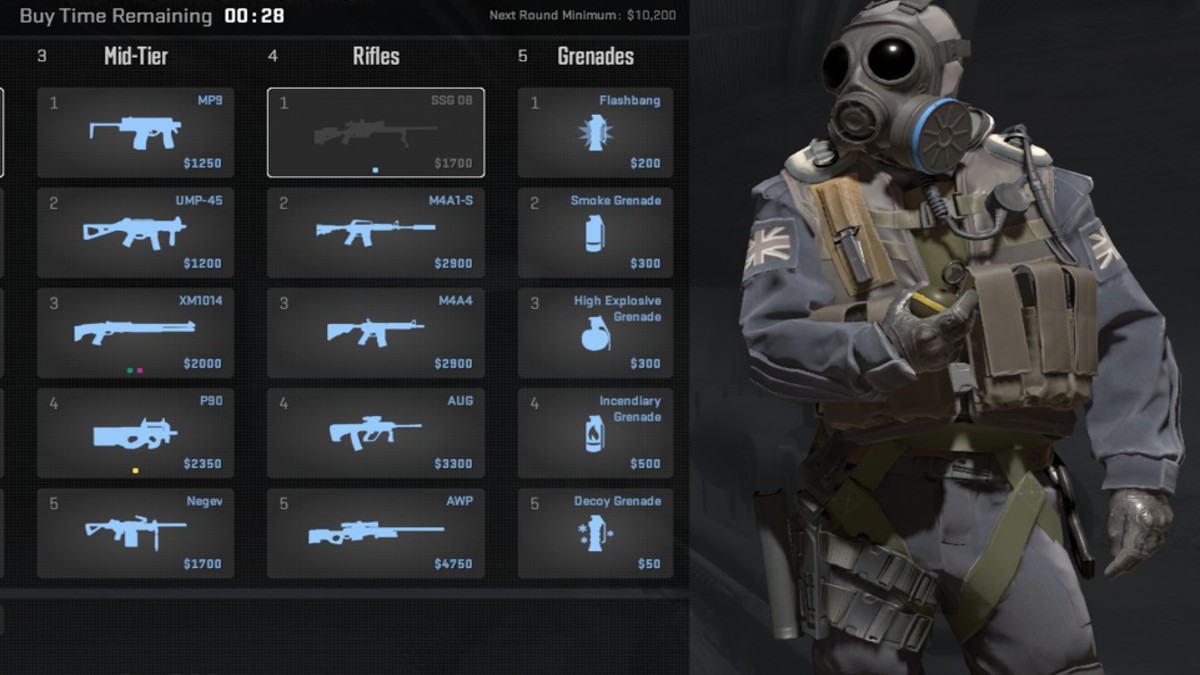
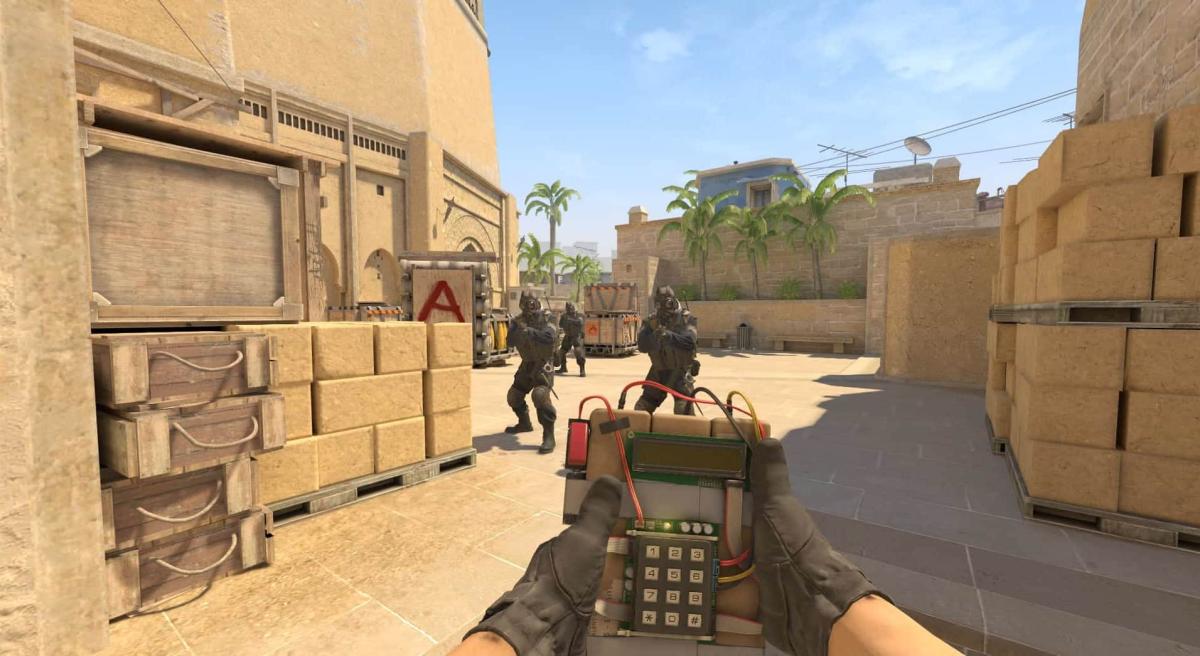
Published: Dec 23, 2014 12:56 pm